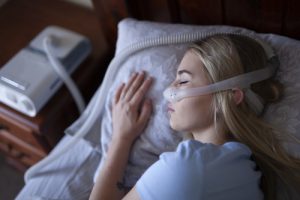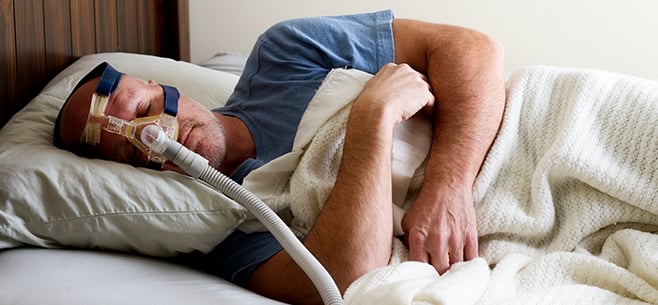Aerophagia is a condition in which the person swallows air during a night of therapy causing often painful bloating and gas when the person wakes up in the morning.
Cpap air pressure wakes me up.
Step one to getting accustomed to your cpap therapy is finding the air pressure level that is just right for you.
Most ramp settings will allow you to start as low as 4cm h20 comparable to breathing room air and allows up to 45 minutes to build up to therapy pressure.
In fact 45 of former cpap users say they quit partly because it was hard to keep a mask seal 1.
However don t get discouraged it can take time and adjustments to get your cpap pressure settings right for you.
Three times in the past week my cpap dreamweaver has woken me up using sustaining pressure 15 9 one night 10 9 10 8 two separate occasions last night my understanding was that the cpap would increase pressure if i wasn t breathing but reduce it if i returned to normal breathing.
The loss of that air pressure due to a leak in a seal can therefore mean that the treatment is not working effectively if at all.
In other words an issue with the cpap therapy is more likely to be causing frequent awakenings than is say restless leg syndrome.
Possible causes of frequent waking up despite cpap compliance too much pressure swallowing air change in sleep position causing body part to contact hose eye or lip irritation from exhaust flow.
Continuous positive airway pressure cpap therapy is a common treatment for obstructive sleep apnea.
Mask leak is a common challenge for people on cpap therapy.
Common problems with cpap include a leaky mask trouble falling asleep stuffy nose and a dry mouth.
Let s face it there is no one size fits all pressure setting.
Cpap mask leak cause 1.
There are lots of reasons why a cpap mask might not fit right once you take it home.
A cpap machine uses a hose and mask or nosepiece to deliver constant and steady air pressure.










